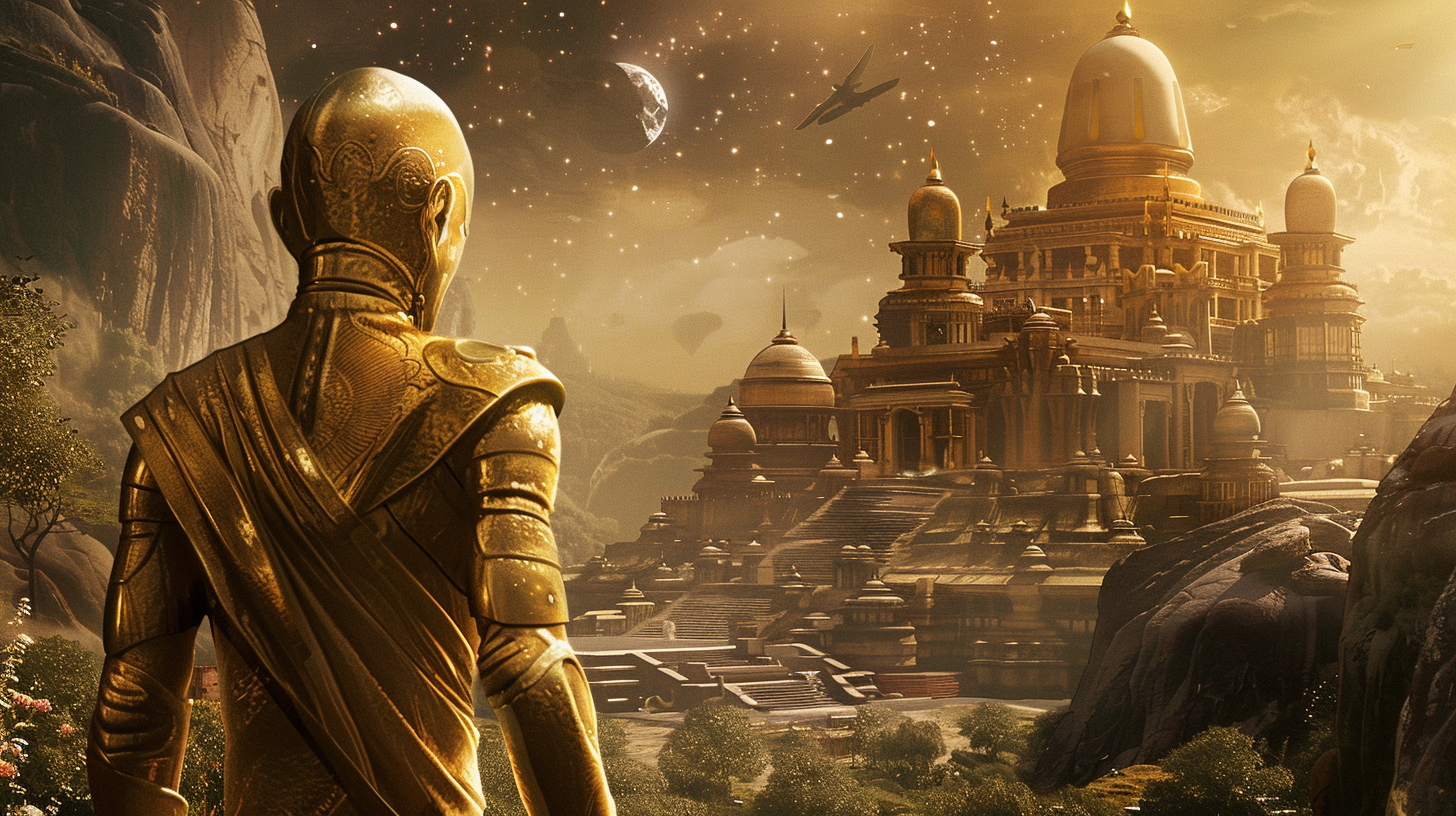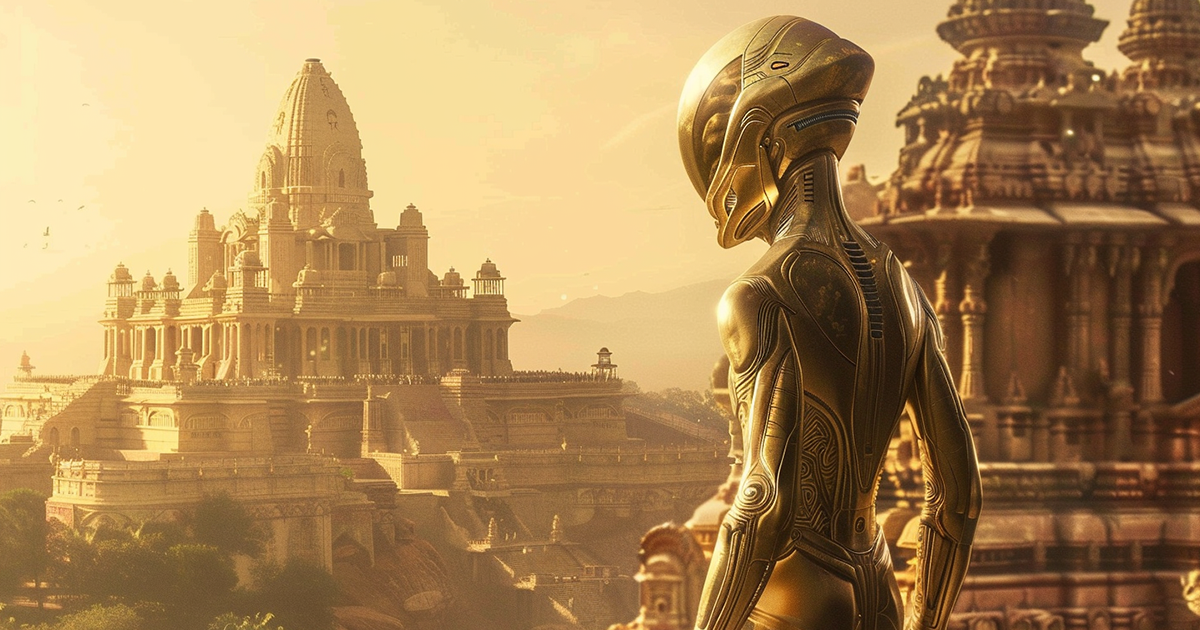Delving deep into the complexities of Hindu cosmology reveals a vibrant tapestry of age-old myths and tales that illuminate the enigmas of the universe. Embedded within this profound wisdom are mentions of numerous realms and dimensions, harmonizing with modern theories of parallel universes and the potential existence of extraterrestrial life forms. The fusion of timeless teachings and contemporary scientific ideas incites contemplation on the interconnected nature of cosmic truths and the infinite possibilities awaiting exploration beyond our earthly boundaries.
At the core of Hindu cosmology lies the notion of Lokas, representing diverse realms that transcend the physical world. These Lokas serve as abodes for a myriad of entities, ranging from celestial deities to sinister demons, each playing distinctive roles in the grand cosmic scheme. Among these realms reside Svarga, the heavenly domain of gods, and Naraka, the infernal realm, alongside many others chronicled in ancient scriptures.
What sparks intrigue is the concept that these Lokas may extend beyond mere mythological domains and potentially correlate with contemporary ideas of parallel dimensions. According to Hindu philosophy, the universe operates in cyclical patterns, with cycles of creation and destruction continually unfolding. This cyclical perception of time and space echoes the principles of multiverse theory, suggesting the existence of innumerable parallel universes coexisting alongside our own.

Moreover, Hindu cosmology hints at the presence of beings transcending earthly realms, including extraterrestrial civilizations inhabiting distant Lokas. These entities, known as Devas and Asuras, are often portrayed as formidable beings capable of traversing vast cosmic distances and shaping human destinies. Their interactions with humanity, as depicted in ancient texts, provide fascinating insights into the potential encounters with extraterrestrial life forms and the interconnectedness of the cosmos.
The similarities between Hindu cosmology and contemporary scientific hypotheses evoke deep reflections on the essence of reality and humanity’s position in the vast cosmos. Could it be that the ancient seers and prophets harbored perceptions of the cosmic order that align with our present scientific comprehension? Alternatively, are these resemblances mere serendipitous occurrences, reflecting universal themes that transcend cultural and temporal confines?
While pondering the mysteries of Hindu cosmology and its resonance with modern notions of parallel dimensions and alien life, we are reminded of the universal unity that pervades all existence. Whether through ancient folklore or state-of-the-art science, the pursuit of unraveling the cosmos and understanding our role within it initiates an unending voyage of awe and enchantment.
